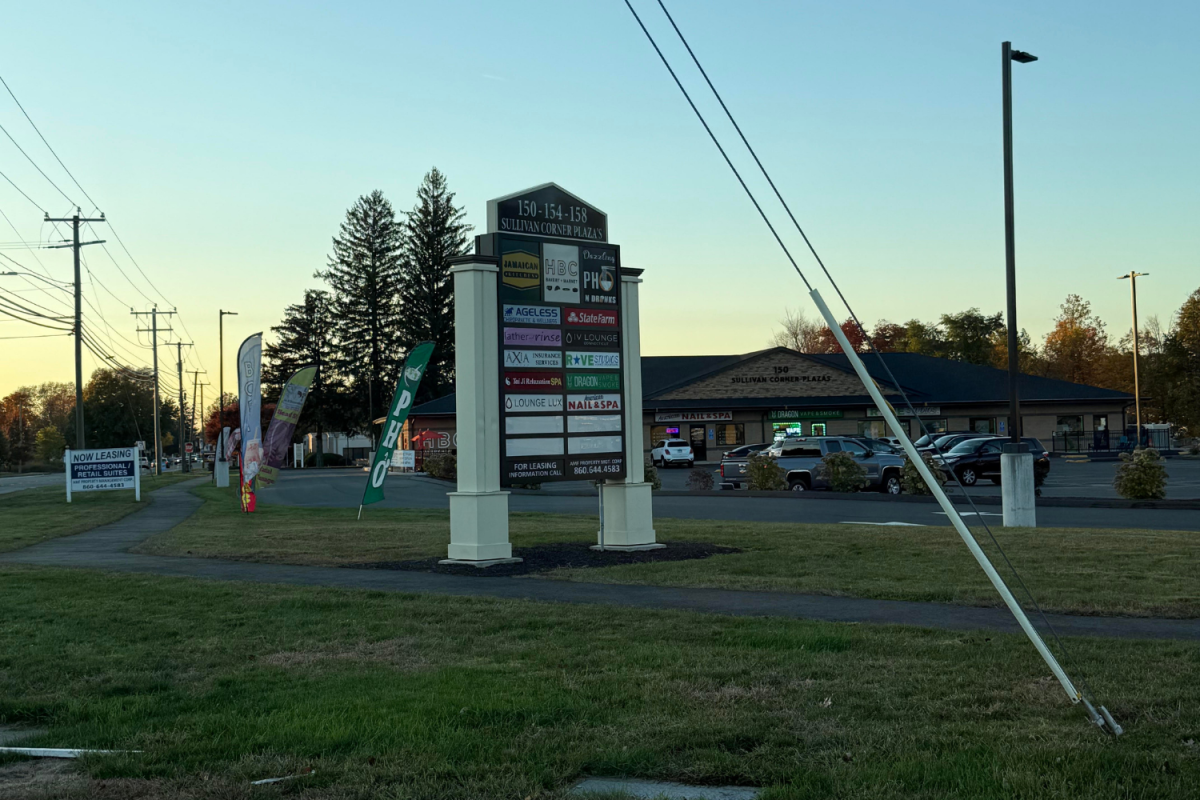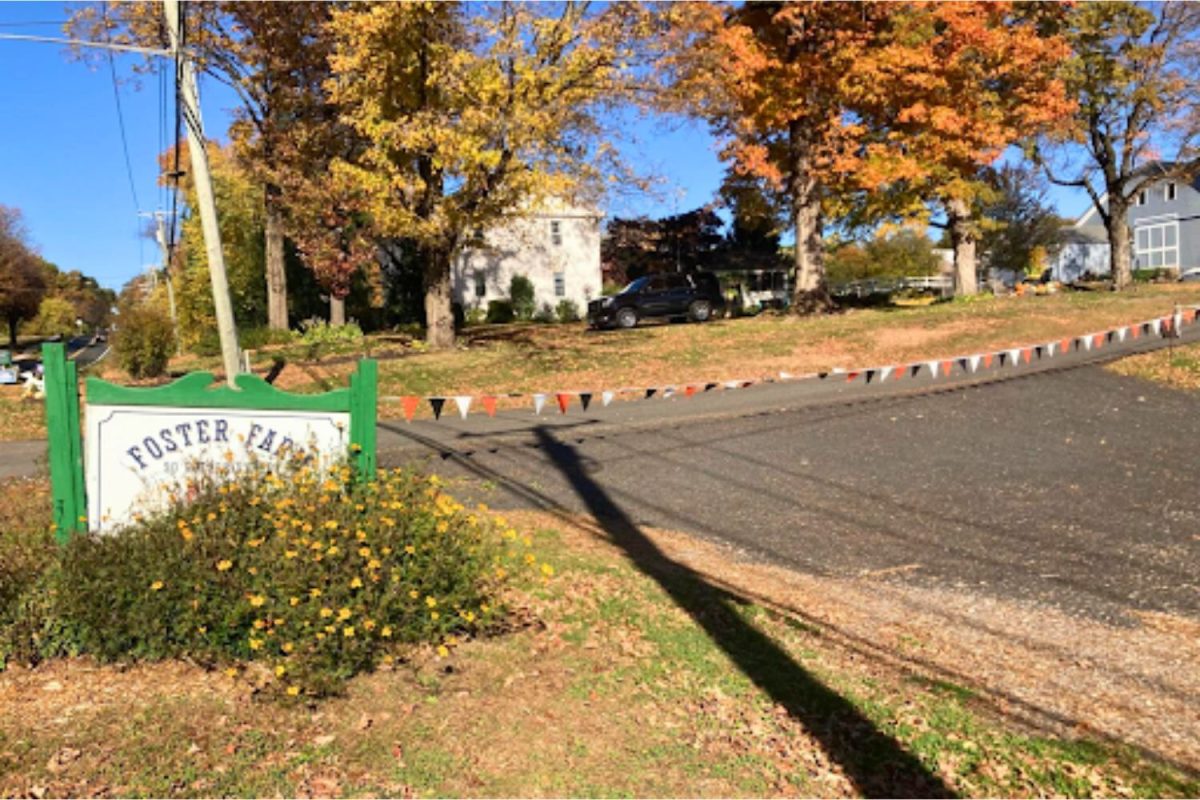South Windsor Residents Voice Concerns Over Coyotes
March 5, 2018
With the local coyote population on the rise and an increase in the number of coyote attacks, people’s fears are at an all time high and many are divided as to how this issue should be solved. Some citizens advocate for removal of coyotes, while others argue that we must coexist and learn how to live with them.
On Tuesday, the town of South Windsor hosted a coyote forum to further the discussion into this pressing matter. At the forum, Laura Simon of the Humane Society of the United States, animal control officer Robin Bond and Chris Vann, a biologist who works for the Connecticut Department of Energy and Environmental Protection (DEEP) spoke to residents who turned out to voice their concerns.
The speakers offered a variety of insight, information and tips regarding coyotes, such as lethal removal and coyote hazing, but many citizens are still very concerned about their increasingly bold behavior.
“I worry about taking my dog outside since we have had so many coyote attacks in town lately,” said a student who wished to remain anonymous. “As for a solution to this, I truly don’t know. I would never want them killed, but something has to be done.”
Dozens of pets, ranging from cats, dogs to livestock, have fallen victim to coyotes in South Windsor. In fact, the issue has gotten so severe that a Facebook page, South Windsor Coyote Sightings, has been created in order to report coyote activity and sightings, as well as suggesting potential solutions to the problem.
In an interview with NBC Connecticut, South Windsor State Representative Tom Delnicki, who organized the forum, said,“Knowledge is power. People have a problem with coyotes, and we want to get as much information out as possible to them.”
As South Windsor continues to be developed, with more neighborhoods, commercial property and construction zones, the coyote problem is only growing. Simple steps that homeowners can take to prevent a coyote attack include always having your dog on a leash, having an airhorn or other noise making mechanisms readily available to scare coyotes and never willingly feed coyotes. If you ever see activities that are aggressive or fearless, report them to animal control immediately.













